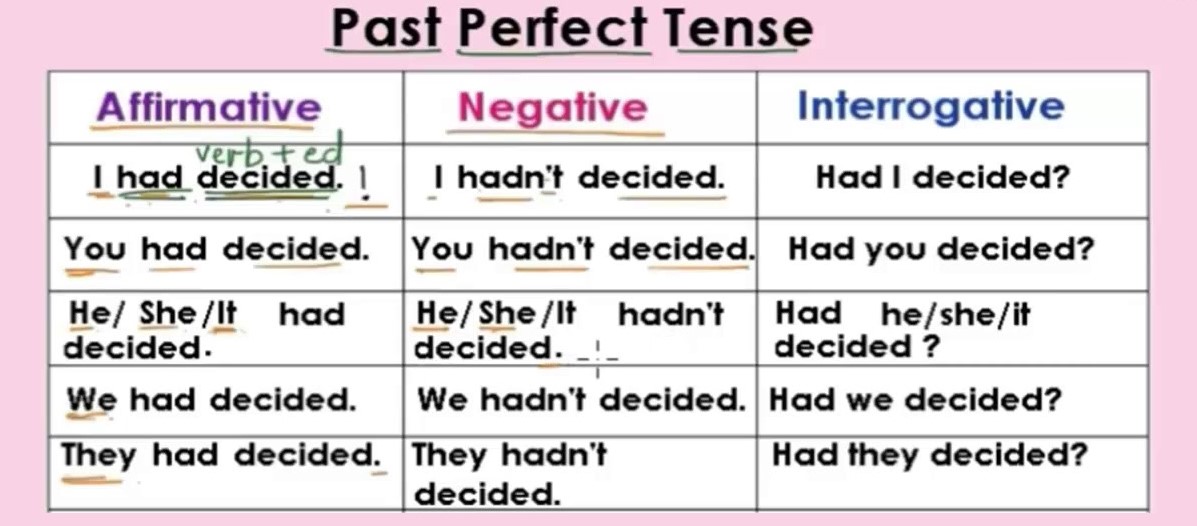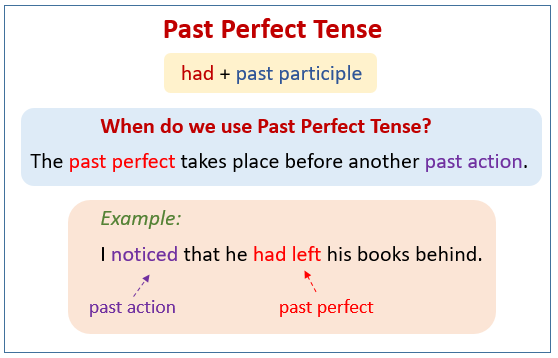
The past perfect tense is slightly different in its structure and uses in a sentence from the simple past tense and the past continuous tense. The past perfect tense clearly states that one action took place before another action in the past. It can also be said that the past perfect tense represents a past action that took place in the past.
Structure and Formula of the Past Perfect Tense
Learning the structure and formula of the past perfect tense will help you in a way that you don’t expect. Anything becomes easy once you know what it is, right? So, here is the formula of the past perfect tense.
|
Subject + had + past participle + the rest of the sentence |
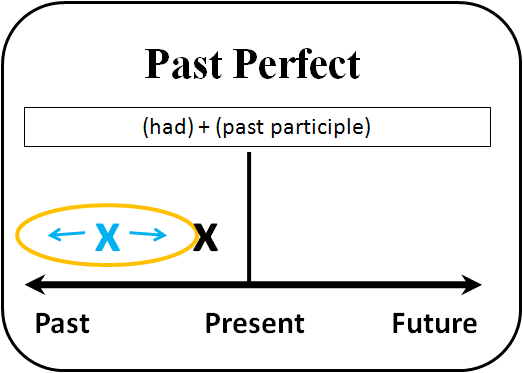
The structure of the past perfect tense can be learned by analyzing how it is used in positive, negative, interrogative, and negative interrogative sentences.

|
Structure of the Past Perfect Tense |
|||
|
Positive |
Negative |
Interrogative |
Negative Interrogative |
|
Subject + had + past participle + the rest of the sentence subject |
Subject + had + not + past participle + the rest of the sentences had |
Had + subject + past participle + the rest of the sentence |
Had + subject + not + past participle + the rest of the sentence (or) Hadn’t + subject + past participle + the rest of the sentence |
|
Examples:
|
Examples:
|
Examples:
|
Examples:
|
Uses of the Past Perfect Tense
The past perfect tense can be used to provide information about the following scenarios:
- To indicate the order of more than one past event.
- To denote the time until a certain point in the past.
- To inform that action was incomplete and not done at a specific time in the past when a simple past action took place.
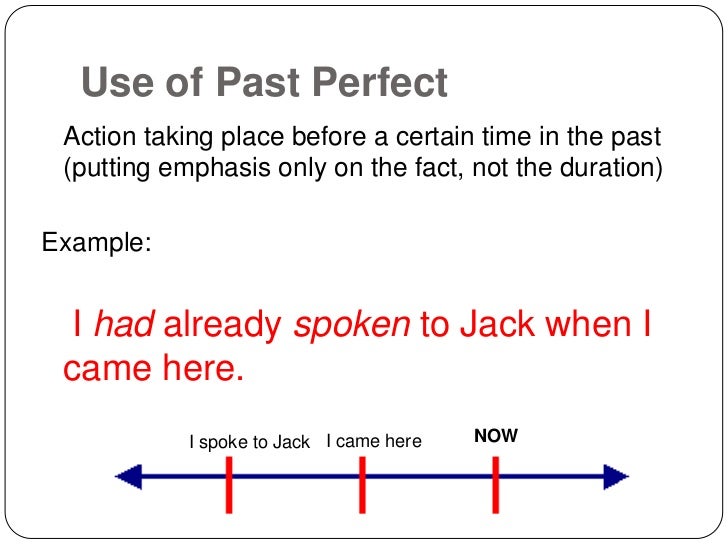
Examples of the Past Perfect Tense
Given below are a few examples to show you how the past perfect tense can be used to perform the different functions discussed above.
Indicating the order of events in the past
Example 1:
- When my mom arrived, my friends had left.
It can also be written as follows,
- My friends had left when my mom arrived.
Example 2:
- The train arrived on the second platform when we reached the station. (or)
- When we reached the station, the train arrived on the second platform.
Denoting the time until a specific point in the past
Examples:
- Ann had completed all eight grades of western music by the time she was 15 years old.
- Had Brian and Courtney arrived when I called you yesterday?
Representing an incomplete action that was not done at a specific time in the past before another simple past action
Examples:
- The students had gone for their games period before the teacher could inform them about the assignment they had to do.
- It was so unfortunate that Finn died before the series was over.
Topical Activity For Practice
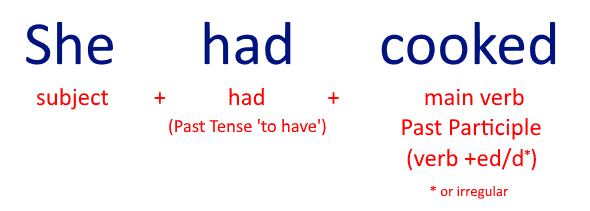
Check Your Understanding of the Past Perfect Tense
Since you have learned about the past perfect tense, why not check how far you have understood the topic? Fill in the blanks with the right form of the tense in the following sentences.
1. Alice ______________ (read) all the Harry Potter novels by the time she was fifteen years old.
2. I ________________ (complete – negative) my work when my parents arrived.
3. When we were in college, we ________________ (perform) this song live.
4. My friend, Raimy _______ already ___________ (watched) the movie before we met.
5. _________ you ___________ (work – negative interrogative) at CTS before you started working at this company?
6. My mom told me that we ________ (meet) Priyanka already but I don’t think so.
7. My brother __________ (solve) five math problems before I completed two.
8. The place ___________ (close) by the time we got there.
9. _______ he __________ (bring) all the documents when you reached?
10. We felt sad that the movie _______ already _________ (start) before we got there.
